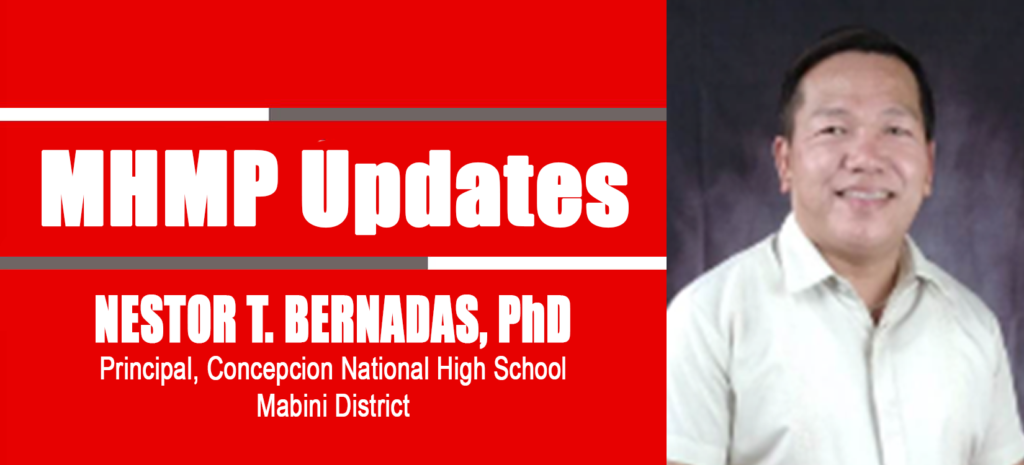
The statement “professional development” in the education context can refer to a wide range of specialized training, formal education, or advanced professional learning aimed at assisting administrators, teachers, and other educators in enhancing their professional knowledge, competence, skill, and effectiveness. (Guskey, T. R., & Yoon, K. S. (2009). What works in professional development?). However, it could be challenging to understand precisely what “professional development” is meant to allude to when the term is used in educational contexts without qualification, specific instances, or more explanation.
The theory of career development or professional evaluates career paths, performance, and behaviors. It seeks to guide how to achieve the desired trajectory and to explain why a person might be a good fit for a particular vocation. It also focuses on identifying professional career phases that call for intervention like education and guidance. (Herr, E. L. (2001). Career development and its practice: A historical perspective). Understanding professional development theory can be a crucial first step in figuring out your fundamental values, skills and abilities, and chosen route.

There are five common conceptions of career development:
- The Trait and Factor Theory of Frank Parson. By this idea, three steps must be taken: analyze the underlying personality qualities of the person whose career is being planned; list the characteristics of the profession, and compare the individual’s personality characteristics to those of the job.
- Dutch Theory of Vocation Types. This theory emphasizes personal characteristics as the primary element in character development and decision. Accordingaccording to him, a person’s satisfaction with their job is connected to how similar their personality and work environment are.
- The Social Cognitive Theory of Bandura. Based on this theory, a person’s motivations and behaviors are influenced by three different types of experiences, which include:
i. A person’s self-efficacy, or what they think they can achieve, motivates them.
ii. A person is influenced by the accomplishments and behaviors of others.
iii. A person is affected by external factors they cannot control.
4) Developmental Self-Concept Theory by Super. Based on this theory, time and experience influence how much an individual values their work and the objectives they establish. According to this concept, a person’s “career” can be divided into five stages: growth, exploration, establishment, maintenance, and deterioration. 5) Roe’s Theory of Personality. Based on this theory, a person’s professional decision is influenced by their interactions with their families. Depending on the job’s skill level, Roe’s eight occupational categories could be person- or non-person-oriented. These include customer service, professional relationships, planning, innovation, the environment, science, wider culture, and the arts and entertainment. (Costa Jr, P. T., & McCrae, R. R. (2006). Trait and Factor Theories).

Career development in simple terminology is professional development that can be done in small groups through learning action cells (LACs). Experts will be asked to facilitate the sessions to share facilitating and hindering factors that might help or not help in the development of enhancement of one ability in the delivery of basic education services. Though various professional development theories make different claims, all of them stress the value of forming significant professional objectives and creating a healthy emotional relationship with one’s work.

